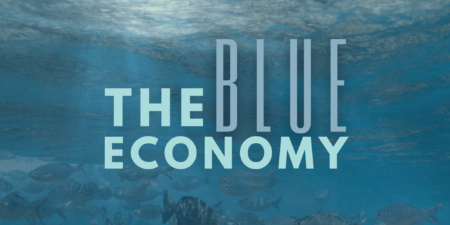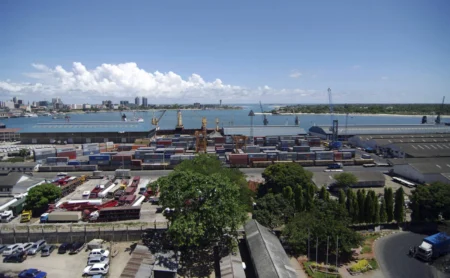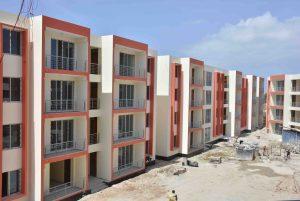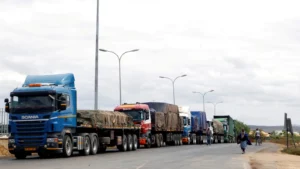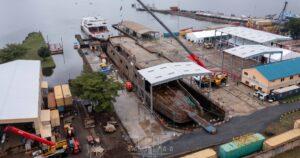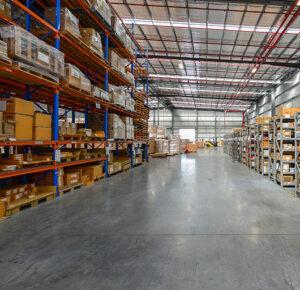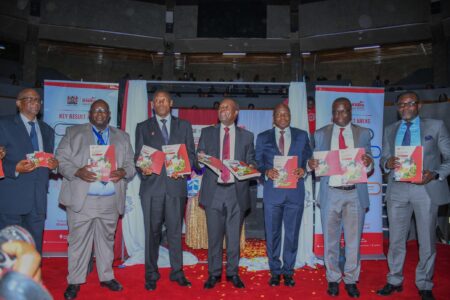- Kenya’s economy posts 5.6 per cent GDP growth in 2023
- The Crucial Role of Private Capital Africa’s Economic Development
- Kenya’s Marine Potential: Fostering Sustainable Blue Economy
- American nationals arrested in foiled attempt to overthrow President Tshisekedi
- The role of financial services in achieving financial inclusion in Rwanda and beyond
- AIM Global Foundation wraps up its engaging participation at Russia’s Kazan Forum
- Will Tanzania’s new truck assembly plant revive old coal mines?
- Communications Authority of Kenya needs $820M for digital superhighway goals
Industry and Trade
- Kenya is pioneering steps towards integrating the concept of the Blue Economy within its governance structure
- Blue Economy has the potential to create direct jobs in the shipping and fishing sectors while indirectly creating jobs
- According to Kenya Maritime Authority (KMA), the industry regulator, Kenya exploits just 8 per cent of the potential of its marine fisheries.
Kenya’s marine potential is vital for social and economic growth and development of the country. Kenya is pioneering steps towards integrating the concept of the Blue Economy within its governance structure have set a precedent for sustainable development in the African continent. With the establishment of the Ministry of Blue Economy, the nation has showcased its commitment to harnessing the vast potential of its marine resources. This move signifies a crucial shift in prioritising the preservation and utilisation of the ocean’s bounty, in line with global sustainability goals.
Kenya has a long coastline …
- The Communications Authority of Kenya has finalised Phase I of the cellular mobile infrastructure project which connected 76 sub-locations.
- The authority also targets the expansion of the postal services and digitally empowering the youth.
- The Authority finalised the rollout of Internet connectivity in 886 public secondary schools spread across 47 counties.
The Communications Authority of Kenya will need at least Sh107 billion ($819.9 million) to protect consumers and foster competitive ICT markets in a bid to establish Kenya as a digital superhighway. While unveiling its five-year strategic for 2023-27, CA Director-General David Mugonyi said the authority would prioritise increased broadband penetration, adoption of emerging technologies and improvement of cyber security as a way of powering the government’s Bottom-Up Economic policies.
The authority also targets the expansion of the postal services and digitally empowering the youth, women and people living with disabilities. “The goals are backed by a robust implementation plan …
- Sustainable Trade in Tanzania seeks to integrate the strengths of private sectors and civil society organisations to promote green growth.
- The plan seeks to grow trade practices that are both inclusive and environmentally sustainable.
- The project seeks to improve trade resilience to climate change by advocating for sustainable trade practices.
The Foundation for Civil Society (FCS) and TradeMark Africa have sealed a grant agreement to launch a $ 900,000 Private Sector and CSOs project to drive sustainable Sustainable Trade in Tanzania and inclusive business practices, addressing the significant systemic challenges in Tanzania’s trade sector.
Funded by the Foreign, Commonwealth & Development Office (FCDO), Ireland, and Norway, the TZS2.3 billion ($900,000), the project seeks to integrate the strengths of private sectors and civil society organisations to promote green economic growth.
Many women in Tanzania remain in the informal trading sector, facing barriers such as limited access to finance and inadequate training …
- Digitization of logistics and compliance with sustainability policies will shape the future of logistics in African markets.
- Digitalization involves the development of digital platforms that match supply to demand, whether it be courier apps that deliver groceries or platforms that coordinate freight delivery.
- Sustainability significantly overlaps with compliance and regulatory requirements. This means stricter regulations on emissions from logistics vehicles, monitoring of cargo ship pollution, and other issues.
The COVID-19 pandemic caused massive damage to global supply chains, with challenges including route congestion and blockages, a global shortage of key logistics components including shipping containers, lack of space in warehouses, a spike in transportation costs, and substantially increased demand for goods around the world, post-lockdown.
Supply chain stability is also under question due to increased tensions as the Russian-Ukraine war drags on.
According to The Africa Logistics, measures to heal and strengthen ailing chains include digitizing parts of the supply …
- Thousands of young people in Kenya’s Nyanza region will get jobs at the Kisumu Shipyard
- President Uhuru Kenyatta said the shipyard would also create business opportunities for youths in Kisumu
- The facility, under the Kenya Shipyards Limited, will also encourage the growth of primary and ancillary manufacturing industries
Thousands of young people in Kenya’s Nyanza region will get jobs at the Kisumu Shipyard, which has just been operationalised.
On August 2, 2022, President Uhuru Kenyatta said the Kisumu shipyard would also create business opportunities for youths in Kisumu.
Kenyatta said the facility, under the Kenya Shipyards Limited, will also encourage the growth of primary and ancillary manufacturing industries.
He also noted that the Kisumu Shipyard would improve transport and safety in the lake, enhance intermodal transport, and boost fishing, tourism and other economic activities in the Eastern Africa region.
“The role of the Kenya Shipyards Limited in developing the Blue …
After years of falling behind equities and fixed income in terms of the rewards they offered to investors, real estate has once again returned to the top end of returns offered by asset classes in the country, thanks to a price appreciation of 10.5% and an appreciation of 2.4% in rental yields over the same period.
Investors in government securities, which account for the vast majority of fixed income assets in the country, have been offered interest rates ranging from 7.2% to 14% across the spectrum of tenors, even though the All Share Index on the Nairobi Securities Exchange (NSE) has decreased by 16% so far this year.
“The net result of the rising rents and property values is an increase in overall property returns of 16.26% annually. These returns outperform other asset groups and provide safer inflation hedges,” added Ms Hassanali.…
The forum is being organised by the government of Barbados and the African Export-Import Bank (Afreximbank) under the theme “One People, One Destiny: Uniting and Reimagining Our Future”.
Other conveners are the AfCFTA Secretariat, the Africa Business Council, the CARICOM Secretariat, and the Caribbean Export Development Agency.
The conference will give business communities in Africa and those in the Caribbean Community (CARICOM) region an opportunity to develop strategic partnerships and enhance bilateral cooperation in trade, investment, technology transfer, innovation, tourism, culture, and other sectors.…
The demand for quality warehousing in Africa has been skyrocketing, especially with the rapid mushrooming and proliferation of e-commerce platforms across the continent.
However, the supply has scarcely risen to meet the burgeoning demand. In 2021, the African e-commerce industry grew by 31 per cent to US$28B in revenues from US$21.4 in 2020; whilst in 2022, the industry is predicted to produce US$33.3B in revenue.
This upward trajectory has largely determined the steady growth of the warehousing and logistics market in the continent. Overall, Global Smart Warehousing Market is valued at USD 14.46 Billion in 2020, and is expected to reach USD 31.57 Billion by 2027 with a CAGR of 11.8 per cent over the forecast period. With the implementation of the African Continental Free Trade Area (AfCFTA) going on its second year, the sector is projected to register robust growth due to increased intra-African trading on a macro-level.
The …
Reallocation of government financing is essential in unlocking infrastructure potential. It eliminates the crowding out of private-sector funding, as government investing in most commercially viable assets is crucial to those with lower returns (Mckinsey).
Tanzania is one of the nations that leverages its internal revenue to fund its projects, including iconic bridges in the nation’s commercial capital and several roads, buildings and facilities across the country.
Kenya is another excellent example of a solution offered by Mckinsey as the government prioritised investment in municipal infrastructure as part of a drive to provide 500,000 new affordable housing units in five years.
Ethiopia is moving similarly, whereby it has prioritised investment in industrial development zones to attract global apparel manufacturers. …





